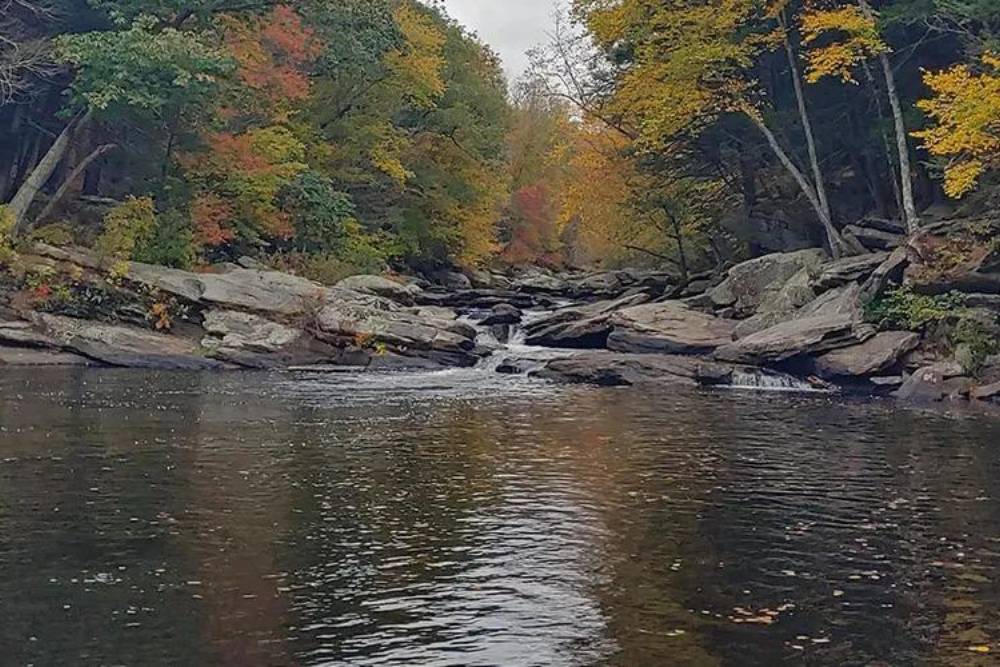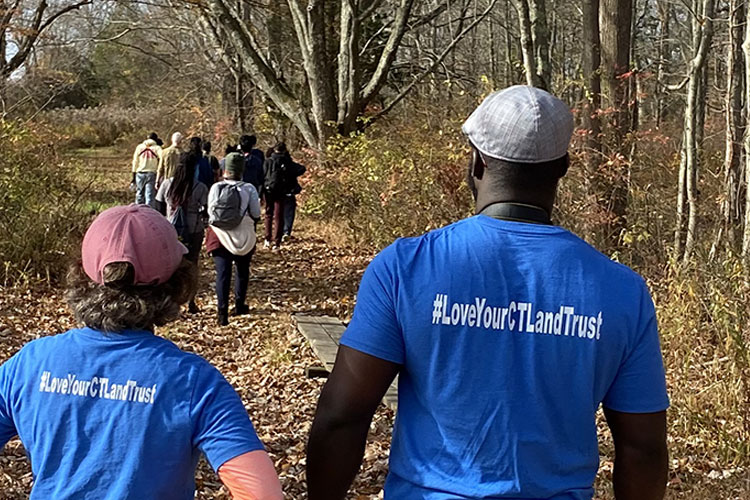News

By Robert LaFrance, Denise Savageau, Amy Blaymore Paterson and Alicea Charamut
We stand at a critical juncture where the interconnected crises of climate change and biodiversity loss demand immediate and urgent attention.
Scientific evidence unequivocally demonstrates that the changing climate wreaks havoc on habitats and ecosystems, while the erosion of biodiversity further amplifies the impacts of climate change. We cannot address one crisis without confronting the other.
Intact natural systems — our soils, forests, wetlands, watercourses, and diverse ecosystems that Connecticut is so fortunate to have in abundance — offer nature’s solutions to mitigate and adapt to climate change. Nature itself is a formidable ally in the fight against climate change. Natural systems not only sequester and store carbon, but they also provide essential ecosystem services such as nutritious food, clean water, clean air, flood control, and drought resilience. However, their efficacy relies on their richness as both a carbon pool and for species diversity.
Protecting biodiversity encompasses safeguarding a plethora of life forms, from soil microbes and pollinators to myriad plant and animal species. These organisms are the backbone of our natural systems, ensuring their resilience and our ability to adapt to a changing climate.
The science is clear — Natural Climate Solutions (NCS) can provide over one-third of the cost-effective climate mitigation needed by 2030 to stabilize warming below 2°C. Alongside aggressive reductions in fossil fuel emissions, NCS offer Connecticut a powerful arsenal of strategies for fulfilling its obligations under the Global Warming Solutions Act while simultaneously enhancing soil productivity, improving air and water quality, and safeguarding biodiversity.
We must protect nature and biodiversity to ensure our well-being, sustain our communities, and strengthen our economy.
In light of these compelling arguments, we strongly support House Bill No. 5004 and Senate Bill No. 11, which include provisions elevating nature-based solutions and promoting a larger “Nature for a Resilient Connecticut” policy. These bills are a major step forward in advancing our vision of harnessing nature’s inherent power to protect biodiversity and fortify our state against the ravages of climate change.
In our various capacities within the Governor’s Council on Climate Change (GC3) and other influential statewide boards and councils, our organizations have relentlessly championed the integration of nature-based solutions into our state’s climate policies. Now, in solidarity with advocates across the state and the growing number of legislators who have co-sponsored these bills, we implore lawmakers to seize this opportunity to champion nature-based solutions as part of a strategic and comprehensive statewide policy for a more resilient and sustainable future for all. The time for action is now.
Robert LaFrance is Policy Director, Audubon Connecticut; Denise Savageau is President, CT Association of Conservation Districts; Amy Blaymore Paterson is Executive Director, CT Land Conservation Council; and Alicea Charamut is Executive Director, Rivers Alliance of CT.
Photo Credit: Rivers Alliance of CT
